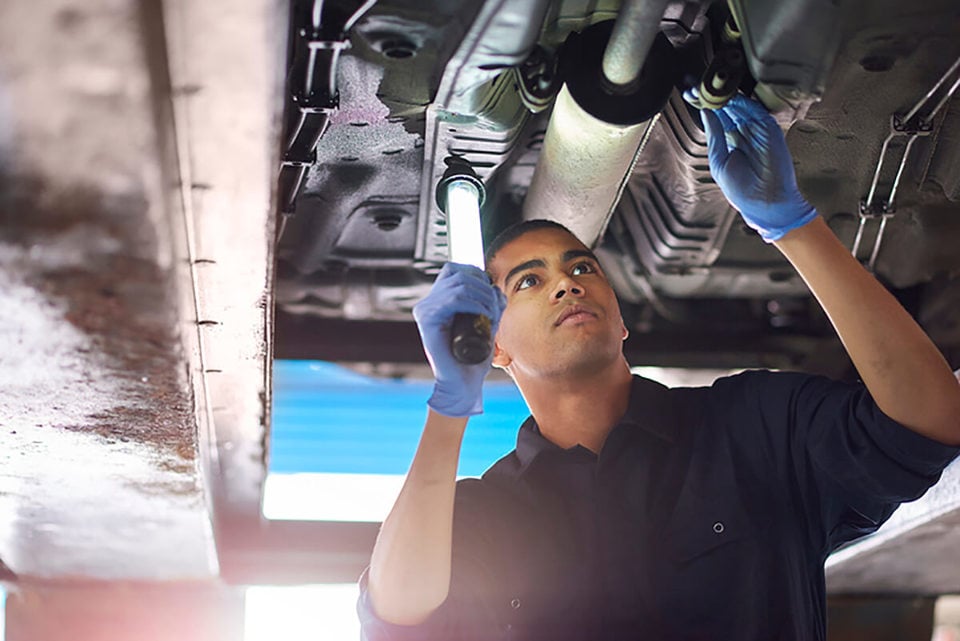Fleet operators are being warned of long-term disruption in the vehicle maintenance and repair sector, caused by the coronavirus pandemic.
While the majority of garages and workshops are now operating at their usually capacity, there are multiple challenges, according to Rivus, in dealing with a large backlog of vehicles – many of which are older, higher mileage examples.
At the recent Fleet200 Executive Club meeting (club details below), David Myers, chief executive of Rivus Fleet Solutions, said: “The vehicle parc is already about 15% higher in five- or six-years-old vehicles than it was two years ago, which creates more challenges in terms of the frequency of jobs and the frequency of tasks. So that volume is just getting more and more compressed into the garage network.”
Supply constraints in the new vehicle market are compounding the issue, forcing fleets to keep running older vehicles for longer and also affecting the supply of parts to repair existing ones.
Myers said: “I do feel that there is risk around safety and compliance. If your drivers are not reporting things early enough, then the vehicle goes in later and later, which in turn could mean there's more damage to the vehicle.”
The solution, according to Myers, is for fleets to adopt a data-led approach to maintenance. By analysing telematics data, Rivus plans to take a proactive approach and use technology to identify faults before a vehicle arrives in the workshop.
He added: “Telematics data is really valuable, but it's not just telematics data we need. We need to see all the other data about the operational costs, the management, the issues associated with managing fleets. If we have all those insights, we can then make some corrective decisions around things.”
Fleet operators are being warned of long-term disruption in the vehicle maintenance and repair sector, caused by the coronavirus pandemic.
While the majority of garages and workshops are now operating at their usually capacity, there are multiple challenges, according to Rivus, in dealing with a large backlog of vehicles – many of which are older, higher mileage examples.
At the recent Fleet200 Executive Club meeting (club details below), David Myers, chief executive of Rivus Fleet Solutions, said: “The vehicle parc is already about 15% higher in five- or six-years-old vehicles than it was two years ago, which creates more challenges in terms of the frequency of jobs and the frequency of tasks. So that volume is just getting more and more compressed into the garage network.”
Supply constraints in the new vehicle market are compounding the issue, forcing fleets to keep running older vehicles for longer and also affecting the supply of parts to repair existing ones.
Myers said: “I do feel that there is risk around safety and compliance. If your drivers are not reporting things early enough, then the vehicle goes in later and later, which in turn could mean there's more damage to the vehicle.”
The solution, according to Myers, is for fleets to adopt a data-led approach to maintenance. By analysing telematics data, Rivus plans to take a proactive approach and use technology to identify faults before a vehicle arrives in the workshop.
He added: “Telematics data is really valuable, but it's not just telematics data we need. We need to see all the other data about the operational costs, the management, the issues associated with managing fleets. If we have all those insights, we can then make some corrective decisions around things.”
Monitoring drivers is also key, as Rivus’ data shows driver behaviour accounts for nearly 40% of a fleet’s service costs.
Login to continue reading.
This article is premium content. To view, please register for free or sign in to read it.




















Login to comment
Comments
No comments have been made yet.